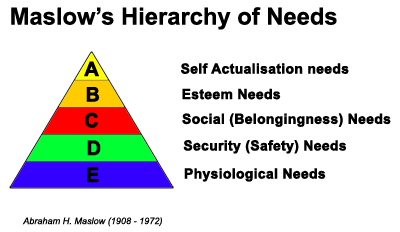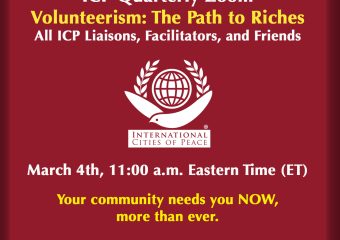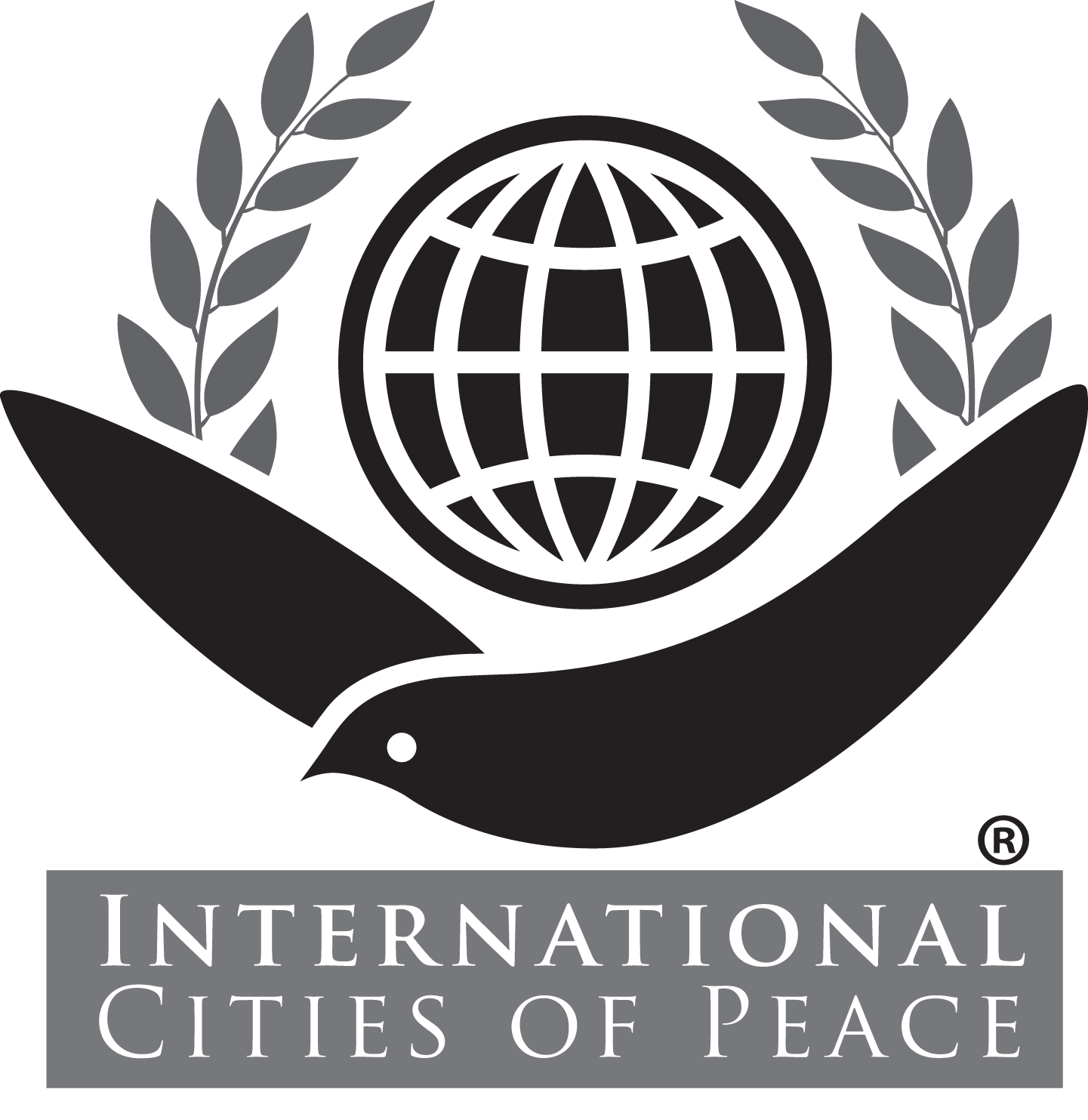World Peace is Not Transactional
A sixth level of need was included by Maslow decades after the original five.
By J. Frederick Arment, Executive Director, International Cities of Peace
Maslow’s Hierarchy of Needs was first proposed by Abraham Maslow in his 1943 paper “A Theory of Human Motivation”. He used the terms physiological, safety, belonging and love, esteem, and self-actualization to express the five levels of human needs. In its simplest form, these ascending layers start with our basic need for physical survival, then progress to our need for housing, relationships, safety, and fulfillment.
When people ask how they can get paid for peace work, I tell them the first five stages are their best bet. People will pay for services rendered to relieve basic needs, whether it be for food, education, medical care, community building, spiritual mentoring, even plumbing and road work. A paycheck is due when you work for safety, prosperity, and quality of life for those around you.
|
1) Physical dimension |
Physiologic needs | Breathing, circulation, temperature, intake of food and fluids, elimination of wastes, movement. |
| 2) Environmental dimension | Safety and security needs | Housing, community, climate. |
| 3) Sociocultural dimension | Love and belonging needs | Relationships with others, communications with others, support systems, being part of community, feeling loved by others. |
| 4) Emotional dimension | Self-esteem needs | Hope, joy, curiosity, happiness, accepting Self. |
| 5) Intellectual and spiritual dimensions | Self-actualization needs | Thinking, learning, decision making, values, beliefs, fulfillment, helping others. |
Decades after Maslow devised the original Hierarchy of Needs, he added a sixth level. The need for self-transcendence, or a feeling of unity with the whole, is the highest level of human need. In “The Farther Reaches of Human Nature”, Maslow wrote, “Transcendence refers to the very highest and most inclusive or holistic levels of human consciousness, behaving and relating, as ends rather than means, to oneself, to significant others, to human beings in general, to other species, to nature, and to the cosmos.”
Self-transcendence is a pursuit of individual consciousness and will be required to achieve true world peace. World peace is beyond the scope of “means to an end”. Payment for working on this highest level of human pursuit is unlikely and in some ways prohibitive. World peace is not transactional because transactions entail a measurement of worth, or justness, which will always be unwieldy in its distribution and disproportionate in its result. Transcendence will be achieved by creating a society that provides what others need, regardless of payment.
Working for world peace is therefore an avocation. It is a transcendent goal beyond the transactional pursuit of our basic needs. We give names to this goal, such as Heaven, Nirvana, Paradise, Bliss, and all the places and metaphors where a personal and unified awakening to self-transcendence fulfills our highest needs. We can get there together. ♦
To download a copy: World Peace is Not Transactional




